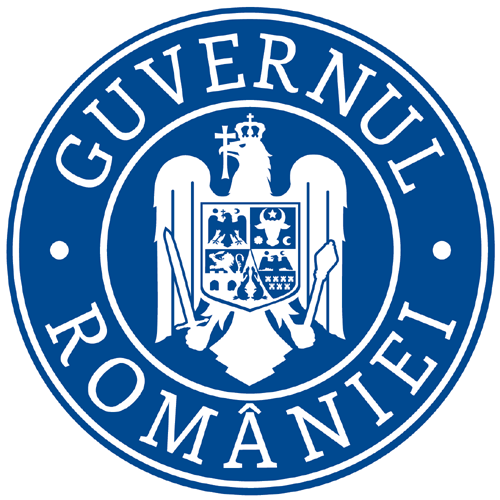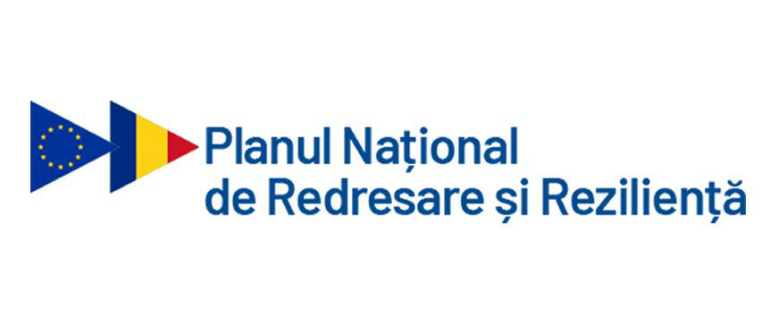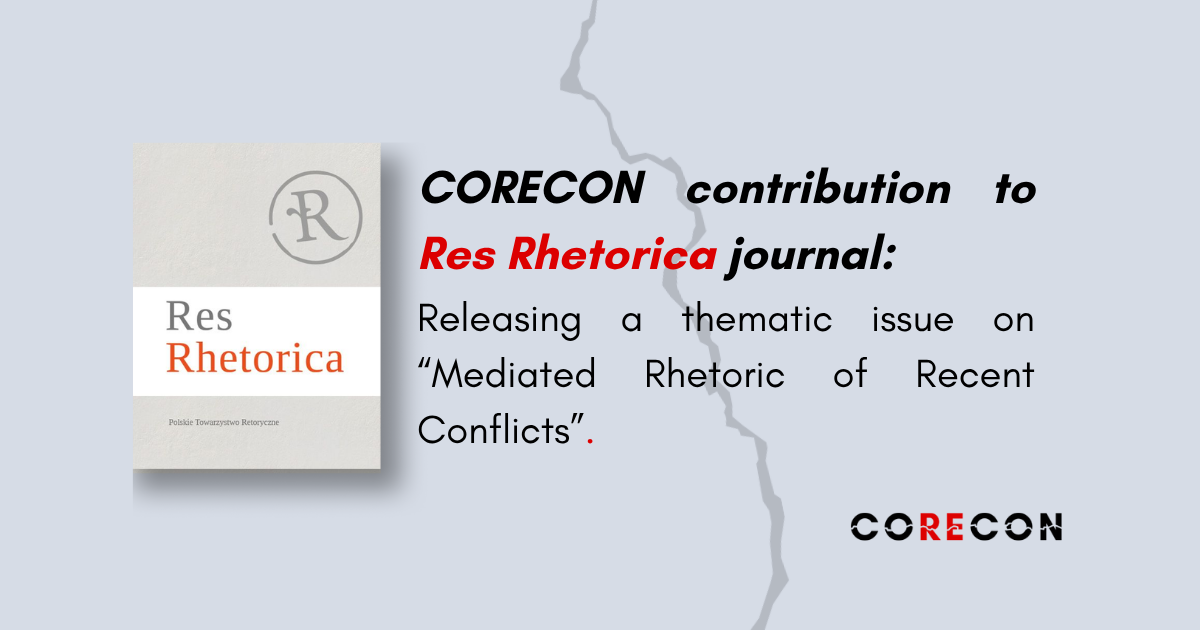Category: research
-
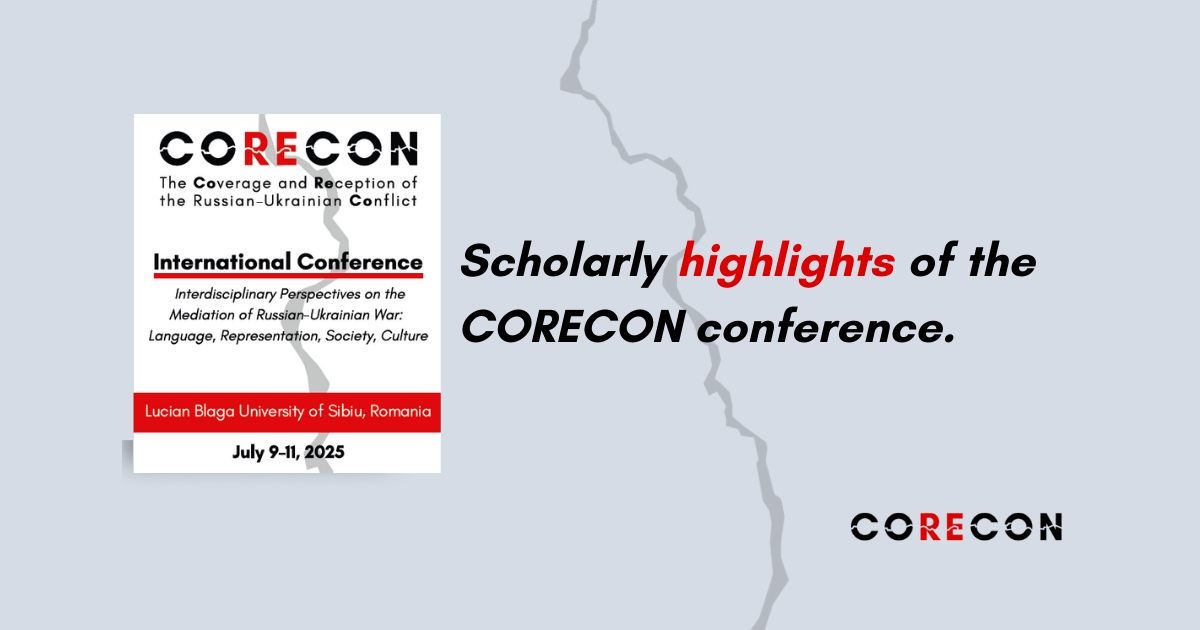
Scholarly highlights of the CORECON conference on July 9-11, 2025
On July 9-11, 2025, University of Lucian Blaga of Sibiu hosted the CORECON key event – the project-related international conference, whose theme was Interdisciplinary Perspectives on the Mediation of Russian-Ukrainian War: Language, Representation, Society, Culture. In comparison to other conferences, its theme was relatively narrow in scope; however, the conference aimed at opening up mediated…
-
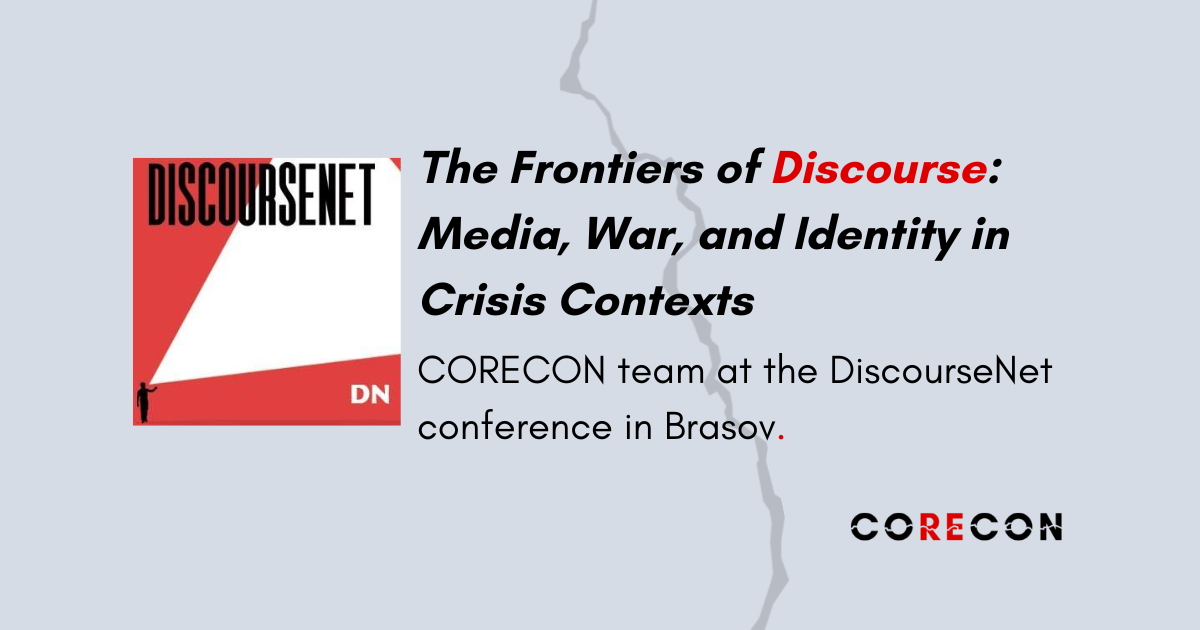
The Frontiers of Discourse: Media, War, and Identity in Crisis Contexts
The conference entitled Discourse Across Cultures was held at Transilvania University of Brașov on March 21-22, focusing on two key words: discourse and culture. The focus of this event was on cross-cultural discourse patterns, as well as on specific communicative practices within cultures and offered participation opportunities to researchers interested in diverse research areas: linguistics,…
-
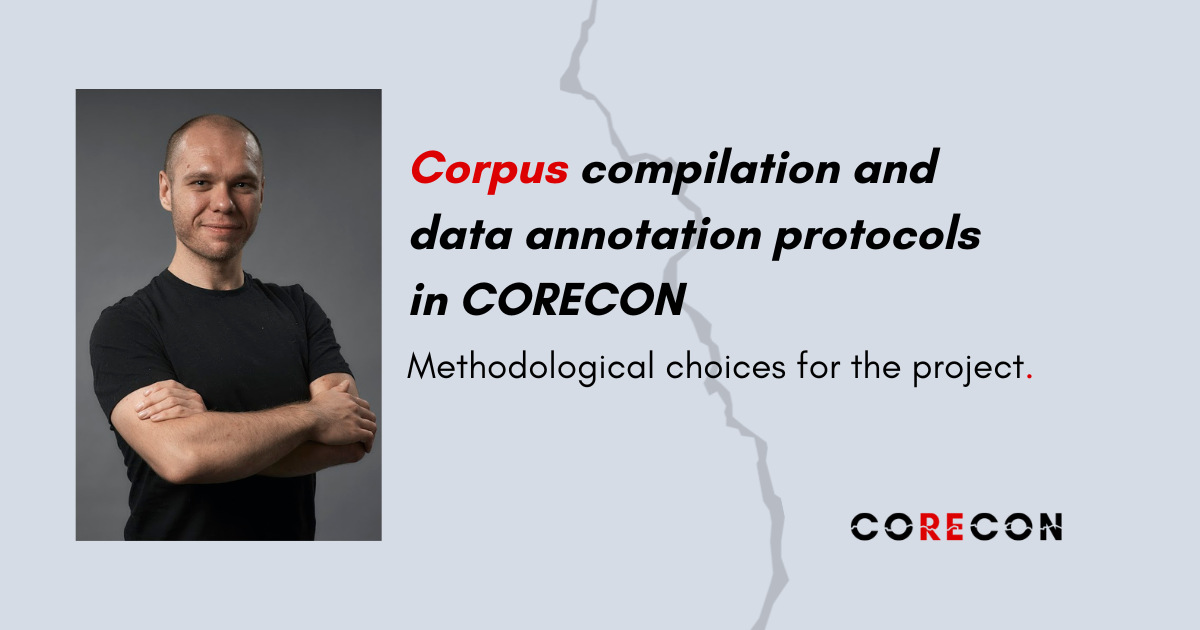
Corpus compilation and data annotation protocols in CORECON
Data collection is the base for any empirical study and corpus analysis is a well-established method used within critical discourse studies. Jędrzej Olejniczak in his blogpost wrote about data collection, management and processing in CORECON. Here I explain the motivations behind methodological choices and our rationales in data collection and data annotation protocols used when…
-
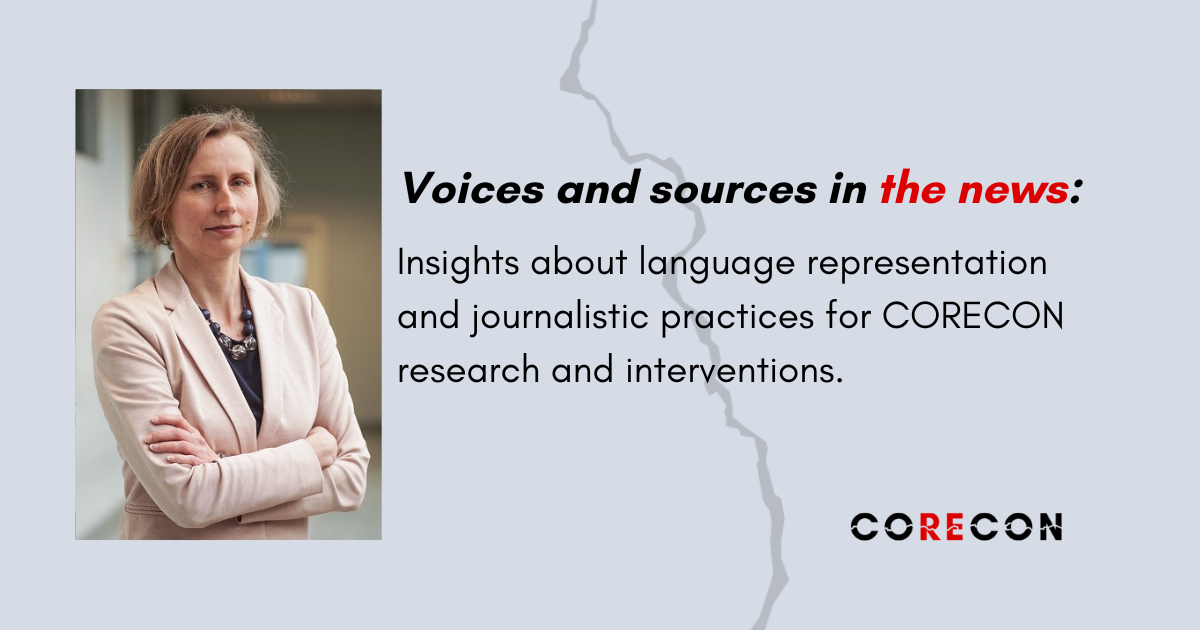
Voices and sources in the news: Insights about language representation and journalistic practices for CORECON research and interventions.
The fifth biennial conference of the Brussels Institute for Journalism Studies (BIJU) and the Department of Applied Linguistics of Vrije Universiteit Brussel (VUB) in Belgium on 12-13 December 2024 brought together over 60 researchers from Europe, America, Asia and Africa, to discuss the topics of “Look Who’s Talking: Voices and Sources in the News.” (Details of the…
-

What can collocations tell us about patterns of representation of Russian-Ukrainian conflict in tabloids?
The identification and analysis of collocations – statistically significant bonds and frequent pairings of words in a corpus or sample – can be used to obtain insight into conceptual relationships and terminological associations. Some of the salient collocations can be quite novel or ideologically charged, which can allow us to notice patterns that would be…

